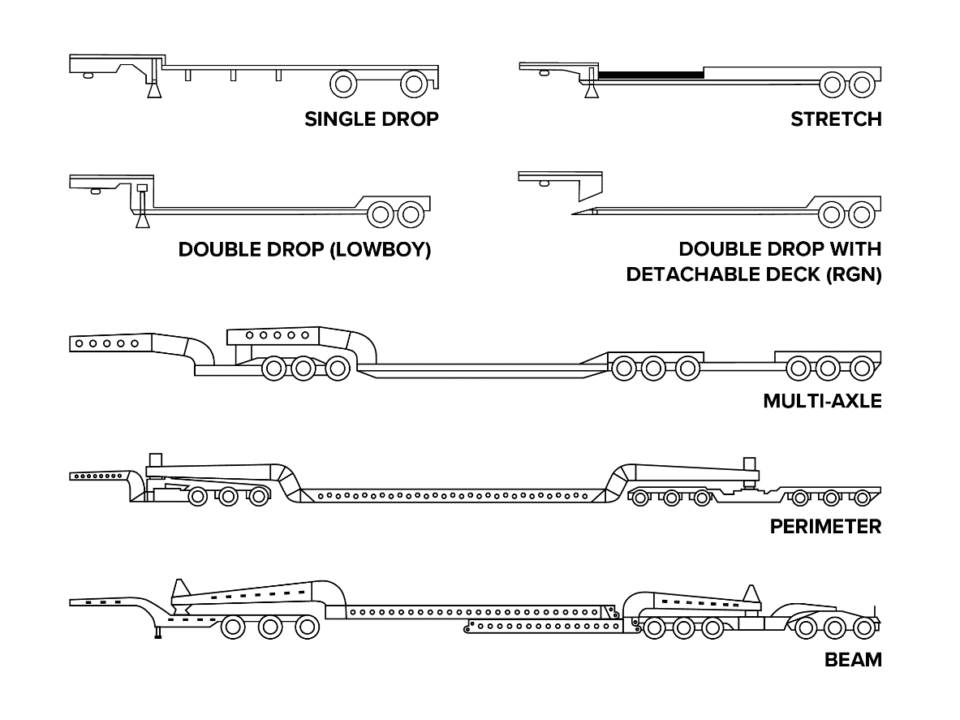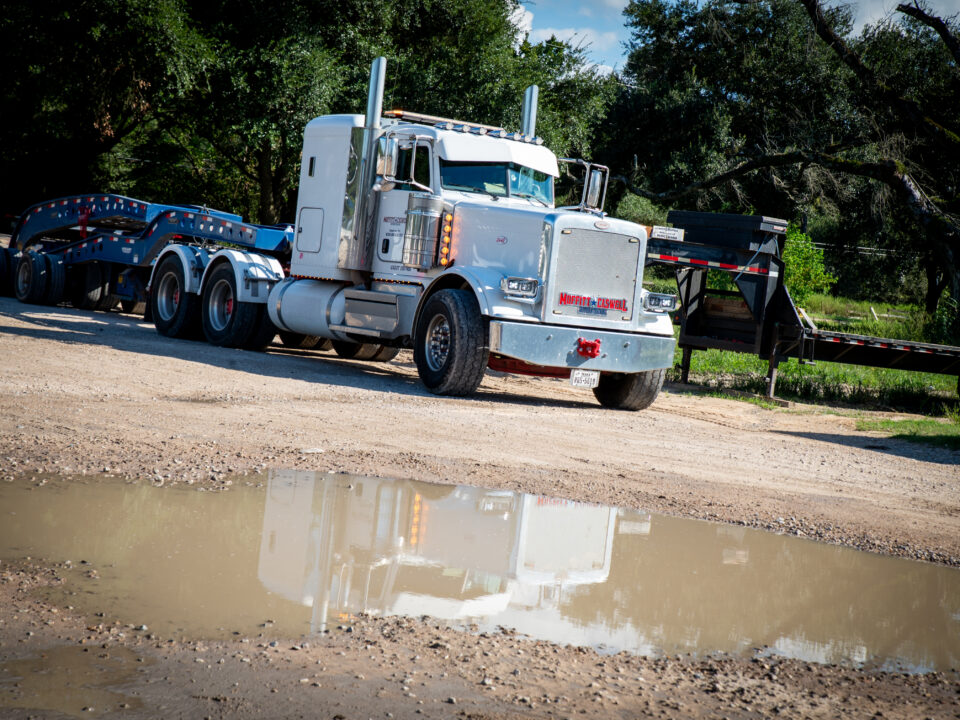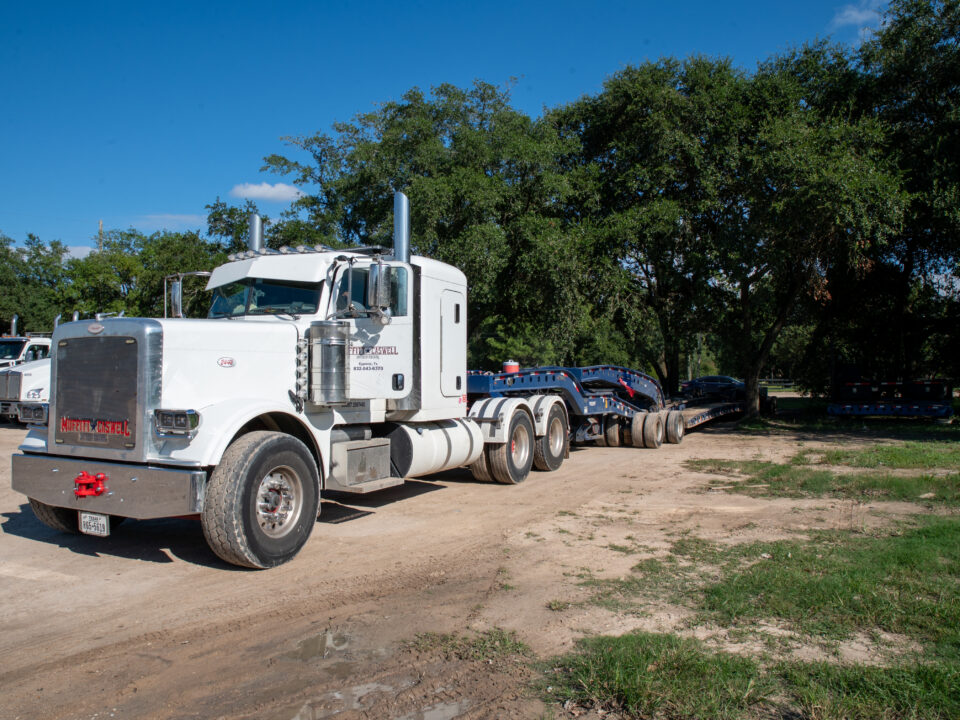
When you need to move goods from point A to point B, you probably think of a standard semi-truck. This is standard freight, and it handles the vast majority of goods that move across our highways. However, what happens when your cargo is too big or too heavy for a regular truck? This is where the specialized world of heavy haul logistics comes in. While both services move freight, they operate under completely different rules, requiring unique equipment, permits, and expertise. Understanding the distinctions between these two types of transport is crucial for any business that deals with oversized or overweight cargo.
Standard Freight: The Everyday Haul
Standard freight, also known as less-than-truckload (LTL) or full-truckload (FTL), deals with goods that fit within the standard dimensions and weight limits of a regular commercial truck. In the United States, a standard FTL shipment typically weighs less than 45,000 pounds and fits within a trailer that is 53 feet long, 8.5 feet wide, and 13.5 feet high. These shipments are routine, and carriers can move them efficiently along established routes without any special permits or escorts. You can book standard freight easily, and carriers often have a large network of drivers and equipment available. This is the backbone of our economy, moving everything from consumer goods to raw materials.
Heavy Haul Logistics: The Specialized Challenge
Heavy haul, on the other hand, deals with cargo that exceeds one or more of these standard limits. This could be an oversized piece of construction equipment, a massive wind turbine blade, or a crucial component for an oil rig. The challenge is not just the weight or size of the cargo but also the complex logistics involved in its movement. This is a highly specialized field that requires a meticulous approach to planning and execution.
First, you must use specialized trailers. While a standard trailer has two or three axles, a heavy haul trailer can have dozens of axles to distribute the weight evenly across the road. They can also feature extendable decks, low platforms (lowboys), or hydraulic suspension systems to accommodate unique dimensions and shapes. This specialized equipment is expensive and requires a highly trained operator.
Second, you must secure extensive permitting. Moving oversized or overweight cargo requires permits from every state, county, and even city you will travel through. Each permit has specific requirements regarding the route, time of travel, and even the number of police or pilot car escorts needed. A heavy haul provider navigates this complex process on your behalf, ensuring you are in full compliance with local and state laws.
Third, a heavy haul move requires careful route planning. A standard freight truck can take a direct route, but a heavy haul rig must avoid low bridges, power lines, narrow city streets, and tight turns. A skilled logistics provider uses specialized software and on-the-ground reconnaissance to plot a safe and efficient path for the entire journey. This meticulous planning is the most important part of successful heavy haul logistics.
The Benefits of a Heavy Haul Provider
Partnering with a specialized heavy haul provider offers numerous benefits. They often possess the necessary equipment to handle your unique cargo safely. These providers carry the expertise to secure all permits and plan a safe route, which saves you countless hours of administrative work. They also have a deep understanding of the regulations in each state and can prevent costly delays or fines.
Ultimately, choosing a heavy haul provider is an investment in safety and efficiency. They manage the entire process, from securing the cargo to navigating the complex regulations. This allows you to focus on your core business, knowing your valuable assets are in expert hands. Moffitt Caswell are experts in heavy haul logistics, managing everything for the customer. When cargo is too big for a standard truck, Moffitt Caswell are your solution for seamless heavy haul logistics. We provide a crucial service for all heavy haul needs.





